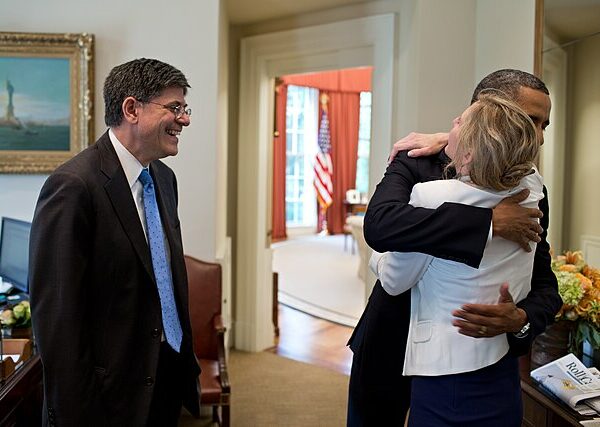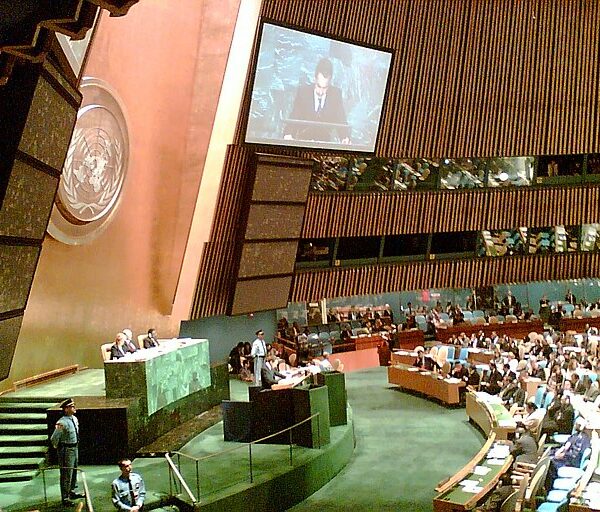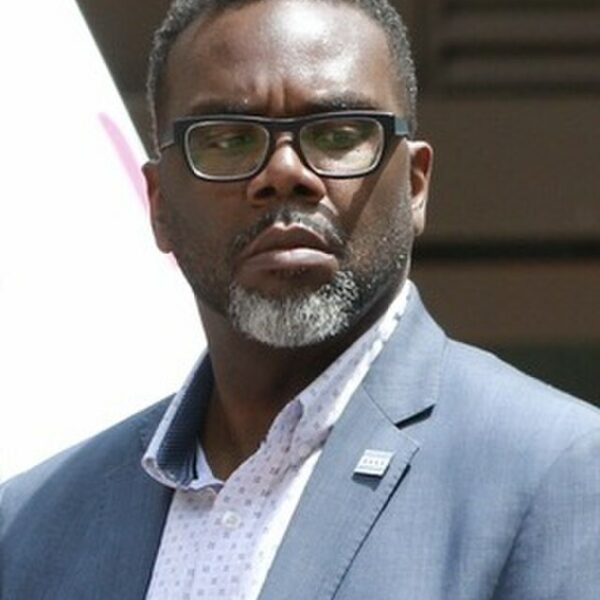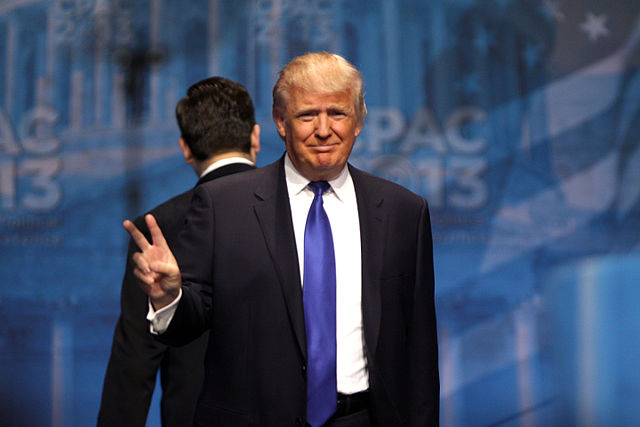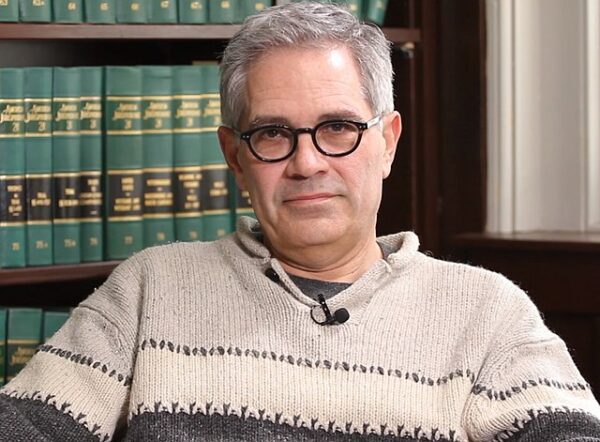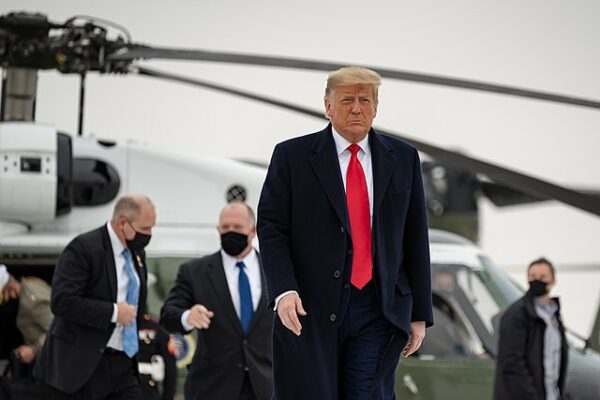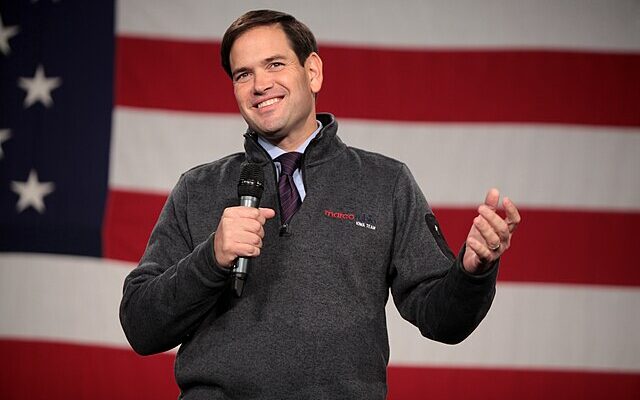
In a sweeping move to rein in what they see as runaway bureaucracy, President Donald Trump and Secretary of State Marco Rubio have ordered a major downsizing of the National Security Council, cutting its staff by half and redistributing its core functions to the State and Defense Departments. The shake-up is one of the boldest structural reforms of Trump’s second term—and a clear shot at the entrenched Washington establishment Trump has long labeled the “Deep State.”
For years, Trump allies have described the NSC as a breeding ground for resistance—career officials operating under layers of plausible deniability to frustrate presidential authority.
“The NSC is the ultimate Deep State. It’s Marco vs. the Deep State. We’re gutting the Deep State,” the official said of the move, which will cut the NSC staff to about half of its current 350 members. Those cut from the NSC will be moved to other positions in government, officials said.
“The right-sizing of the NSC is in line with its original purpose and the president’s vision,” Rubio told Axios in a statement. “The NSC will now be better positioned to collaborate with agencies.”
The Secretary of State has multiple jobs in the administration at the moment, currently doubling as acting national security adviser. He will assume a more direct role in executing Trump’s foreign policy agenda. According to the outlet, the president sees Rubio not just as a trusted lieutenant but as the linchpin of a more disciplined, mission-focused national security team.
Politico noted that Notices went out to individuals late Friday afternoon after a 3:45 p.m. staff meeting, one of the people said. Another said that many of those affected by the firings had left town for the holiday weekend.
Some staffers have been told they are being put on administrative leave and others who were on temporary detail to the NSC have been told they are going back to their agencies, two of the people said.
NSC officials often wield outsized behind-the-scenes power in a presidential administration, directing and managing disagreements between the State Department, Pentagon and other agencies over major policy issues. Any shake-up could affect the internal deliberations that inform the president’s decision-making from competition with China to the Russia-Ukraine war to Iran nuclear talks.
The reinterview process has fueled new levels of uncertainty and anxiety within the NSC following the abrupt ouster of some top NSC officials last month, the people said. That came amid an internal turf war between fiercely pro-MAGA and more traditional factions of the Republican party staffing Trump’s foreign policy team.
While critics warn that the overhaul could weaken internal safeguards, backers argue the traditional NSC model is a relic of Cold War-era thinking—ill-suited for a presidency that prizes speed, discipline, and direct accountability. Previous processes within the council often acted as informal gatekeepers, slowing or blunting presidential directives through layers of internal review. The restructuring is designed to eliminate those choke points and return strategic authority to elected leadership rather than career bureaucrats.
Established in 1947 to advise the president on foreign policy and national defense, the National Security Council is now being reshaped into a more streamlined and subordinate instrument of executive power. Rather than serving as a quasi-independent policymaker, it is being retooled to enforce—not filter—the president’s agenda. The shift may discomfort defenders of traditional interagency norms, but it makes clear that in Trump’s second term, loyalty and unity of command take precedence over institutional convention.
[Read More: Shock Testimony Changes What We Know About JFK Killing]

